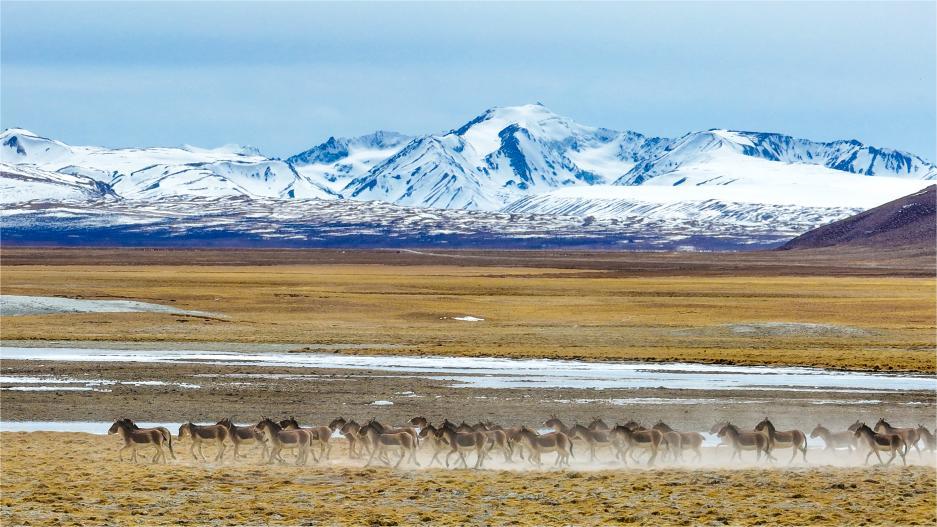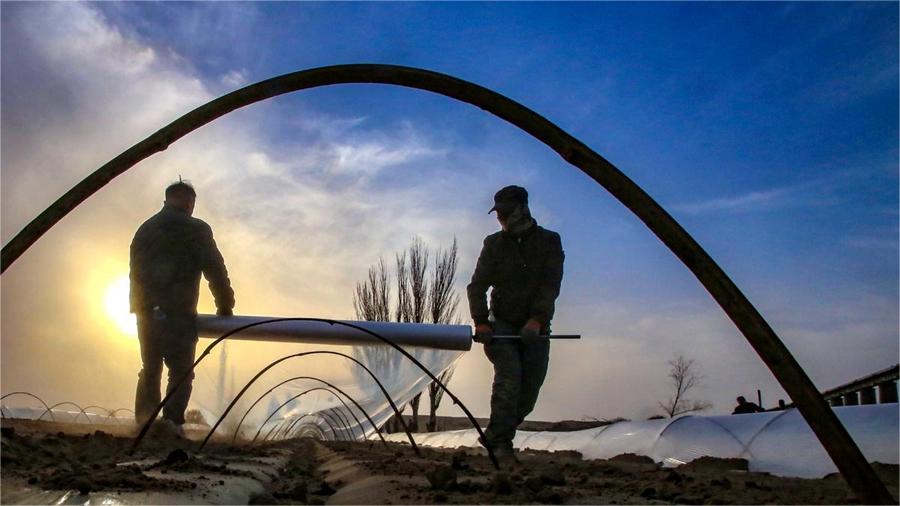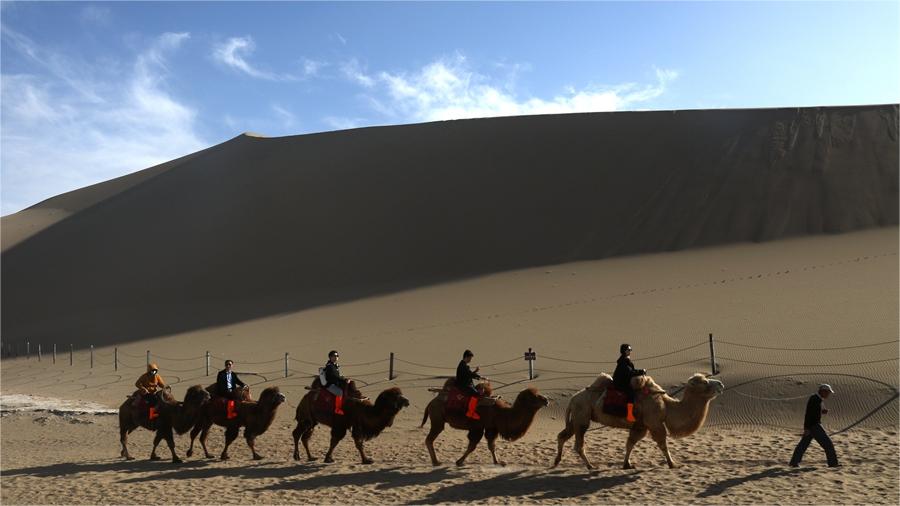Letter from China: Boao, a small town that dreams big
BOAO, Hainan, March 30 (Xinhua) -- As the Boao Forum for Asia (BFA) concluded its 2024 annual conference, my short stay in this beautiful small town of Boao in southern China's tropical island province of Hainan was also about to end, but memories of the hospitality of the local people, the enlightening moments when hearing thought leaders speak on hot-button issues during the conference, and the new friendship I harvested lingered in my mind.
When I knew in February that I would be joining a work team to do news coverage of this event in March, I tried to imagine this town because I had never been to this place before.
After doing online research and reading available news reports about the town and the BFA, I gathered some basic facts such as the town's geography and climate. I initially learned that this town, even though small in size, is big in dream -- the dream of mankind working together for a better future, as is the spirit of the BFA. Nevertheless, this information would never compare to seeing and feeling the real deal in person.
On the warm morning of March 26, I headed out to Boao's Dongyu Island, the BFA's permanent venue for its annual conferences, to start my first day's work at the conference. When the shuttle bus dropped us at the destination, a long queue of journalists were already waiting to go through security check. The entry was quick, with a facial recognition machine erected at the entrance expediting the process without much fuss.
Upon entry, lush greeneries, the typical coconut trees of a tropical environment, and the Wanquan River flowing into the sea soothed the eyes. As I walked onto the ground floor of the spacious two-storeyed press center, a wall full of pictures showing China's former and present leaders attending the BFA's annual conferences caught the attention of many journalists, including mine.
The first picture was dated in 2001, the year when the landmark conference was held to formally establish the BFA. Looking at all these pictures, I for a while so intensely felt the history of the BFA as an international organization that prides itself on its role in building consensuses and bridges for people of nations working toward shared goals.
In the bustling press center, journalists were running around, setting up gears, snatching up conference materials, and doing video shooting, while uniformed company staff, with friendly smiles, were serving coffee and tea to journalists for free, not forgetting to introduce their brands to men and women from near and far.
For this year's conference, the BFA had announced a theme of "Asia and the World: Common Challenges, Shared Responsibilities." In the conference's opening ceremony, Ban Ki-moon, former UN secretary-general and now BFA chairman, said the annual conference was the time for leaders to explore the worst pressing issues facing Asia, emerging markets, and the world at large. He said the global crises need the world to work together, instead of against each other.
China, as host of the event and the largest developing country, advocated an equal and orderly multipolar world and a universally beneficial and inclusive economic globalization, calling on Asian nations to stay independent, seek strength through unity, jointly oppose unilateralism and extreme self-serving practices as well as bloc confrontation.
During the four-day conference, a busy agenda was arranged for discussions among leaders, with topics ranging from climate change, AI, global trade, green energy transition, world economic and geopolitical outlooks, to regional financial cooperation, rare diseases, China's economy, global security, and the Belt and Road, among others. For most panel discussions, journalists would need to queue early and sometimes wait even for more than half an hour to get access to the ballroom to hear guest speakers.
At the forum's closing press conference, BFA Secretary General Li Baodong said the conference achieved important and positive outcomes, and sounded a clarion calling for solidarity and cooperation for common development. He said there was also a clearer understanding of the challenges facing the world today, such as the global economy remaining sluggish, regional conflicts continuing, and long-term challenges such as climate change becoming increasingly prominent, and all these required concerted efforts among nations.
During my days of working at the venue, I saw companies, both Chinese and foreign, working to forge partnerships for profitable businesses; I heard politicians talking against the rising dangerous trend of deglobalization and fragmentation; and I saw foreign delegates visiting a demonstration booth of Chinese phone maker Vivo that was showcasing its latest foldable phone models installed with AI technologies.
On my last day at the venue on the 29th, I also met a friendly staff named Fu Chunlian serving Mushan Coffee, a local coffee brand in Hainan. Fu said that the locals like to prepare their coffee drink by mixing it with condensed milk, unlike in other regions where people may prefer frothed milk.
Fu, an employee of the Hainan-based Haiken Tropics that owns the coffee brand, told me that the locals love coffee so much that some of them drink two cups each day. This is more than I do, and this is interesting in a country where tea culture and coffee culture coexist so harmoniously. Thinking about it over again, it is never unusual that some people on this planet drink more tea while others pleasure themselves with more coffee or a bit of both, and it is never strange that people, and nations have differences. As long as they open up their arms and be ready to communicate, there is going to be more understanding and less mistrust.
Fu warmly offered me another cup, which would be the second one for me during the day, and insisted that I try mixing it with condensed milk, which I did, and it tasted just as good as any.
Photos
Related Stories
- In pics: panel discussions during BFA Annual Conference 2024
- Boao forum 2024 concludes on successful note
- Interview: China vital for Asia in green growth, innovation, says business leader
- Interview: IFRC official says global initiatives put forward by China demonstrate a long-term commitment to multilateral cooperation, development
- BFA Annual Conference 2024: Common challenges, shared responsibilities
- Boao forum urges global cooperation in energy transition
Copyright © 2024 People's Daily Online. All Rights Reserved.









